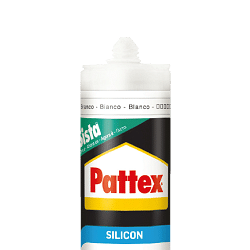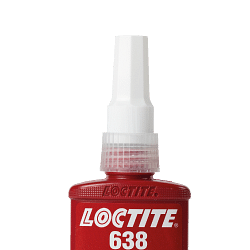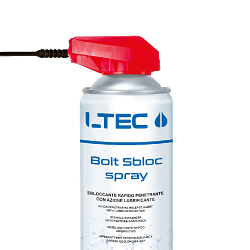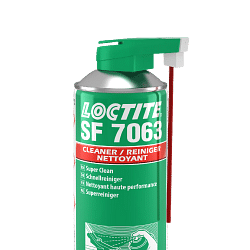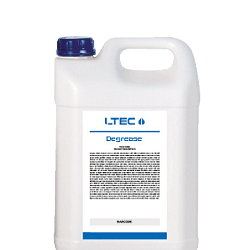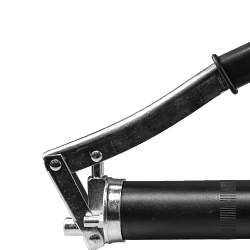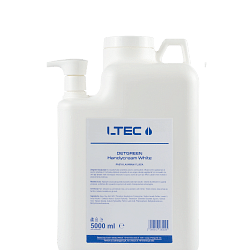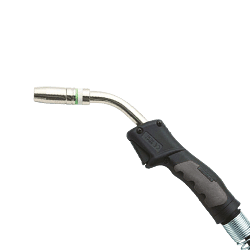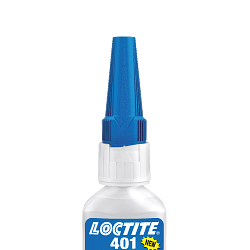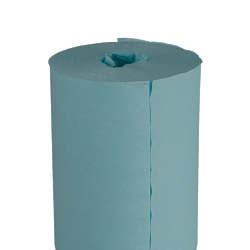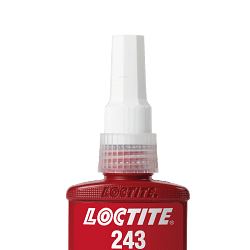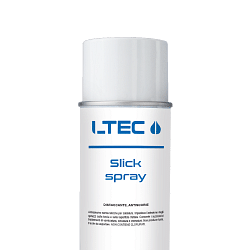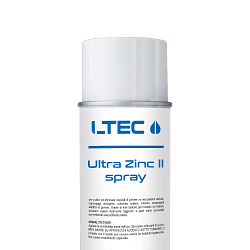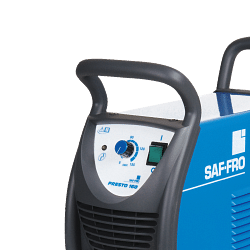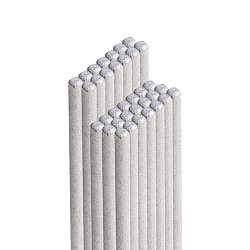Register and use the discount code NEWWELCOME to get 10% off on your first purchase. GET DISCOUNT.
Register and use the discount code NEWWELCOME to get 10% off on your first purchase. GET DISCOUNT.
Register and use the discount code NEWWELCOME to get 10% off on your first purchase. GET DISCOUNT.
Free shipping in 24h from 200€
Catalogues
Customer service
How can we help you?
- Faq
- Customer service
02.927371
- Supporting big orders
02.38298620
-
info@linkindustrialtools.it
- Request assistance with form
Or contact us with the chat in the lower right corner
- All products
 Integral cutting tools
Integral cutting tools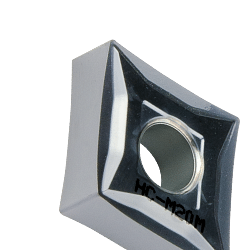 Turning tools
Turning tools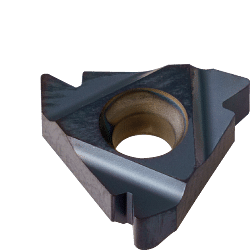 Thread tools
Thread tools Thread tools
Thread tools- All products
- Thread inserts
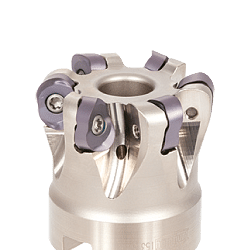 Milling cutters
Milling cutters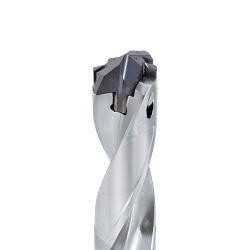 Drilling tools
Drilling tools Drilling tools
Drilling tools- All products
- Indexable drill bits
- Indexable drill heads
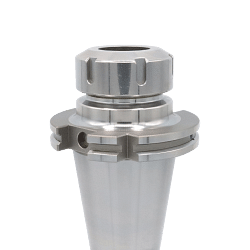 Clamping systems
Clamping systems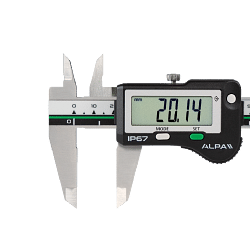 Measuring and precision tools
Measuring and precision tools Measuring and precision tools
Measuring and precision tools- All products
- Digital calipers with readings to 0.01
- Analogue calipers
- Digital micrometers
- Analogue micrometers
- Bore gauges
- Snap gauges
- Digital gauges
- Analogue gauges
- Touch probes
- Zero setters and edge finders
- Inspection plates
- Altimeters
- Height gauges
- Squares and levels
- Threaded rings
- Gauge blocks
- Calibrated tapes and thickness gauges
- Digital and analogue hardness testers
- Roughness testers
- Microscopes, lenses and visors
- Digital thermo-hygrometer to measure moisture
- Reset benches
- Optical profile projector
- Professional, digital dynamometers
- Laboratory scales
- Digital amperometric pliers
- Thickness and adhesion gauges
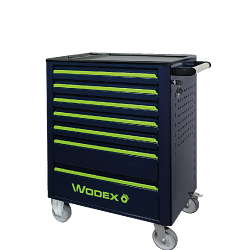 Hand tools
Hand tools Hand tools
Hand tools- All products
- Combination wrenches
- Spanners
- Hook wrenches
- Tubular wrenches
- Hexagon keys
- Torx wrench
- Socket wrenches
- Screwdrivers
- Torque wrenches
- Torque screwdriver
- Inserts and bits for screw drivers
- Tool trolleys
- Workshop pliers
- Wire strippers
- Cable strippers
- Cutting nippers
- Professional scissors
- Nippers
- Professional shears
- American or Swedish pipe wrench
- Adjustable wrench
- Pipe tools
- Pipe cutter for plumber
- Cutter
- Hacksaws
- Deburring tools
- Chisels
- Hammers and mallets
- Mechanical and conical pullers
- Clamps
- Tap wrenches and die stocks
- Riveters
- Flexometers
- Tape measures
- Markers
- Flat squares and rulers
- Professional dividers
- Professional protractors
- Brushes
- Lubricators and spray nozzles
- T-wrenches
- Reversible ratchets
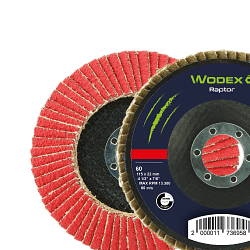 Abrasives
Abrasives Abrasives
Abrasives- All products
- Cutting discs
- Deburring grinding wheel
- Flap discs
- Fabric discs for surface treatment
- Abrasive fibre discs with Velcro
- Abrasive cloth in rolls, sheets and bands
- Flap wheels with pin and abrasive wheel with hole
- Abrasive wheels for buffing machines
- Abrasive spiral bands
- Abrasive brushes
- Flexible sanders
- Mounted grinding discs
- Polishing felt
- Solid carbide rotary cutters
- HSS rotary cutters
- Abrasive wheels for sharpening and grinding
- Diamond grinding wheels
- Grinding stone
- Diamond paste
- Abrasive stones
- Files and rasps
- Diamond files
- Grinders and polishing equipment
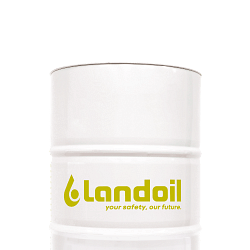 Lubricants for machine tools
Lubricants for machine tools Lubricants for machine tools
Lubricants for machine tools- All products
- Water-miscible coolants
- Neat cutting oil
- Minimal lubrication systems
- Oil for guides and slides
- Drums of hydraulic oil fluid
- Anti-freeze for machine tools
- Air coolers
- Oil separator
- Powders and absorbents for oil
- Aspirators for oil mist
- Accessories for cooling lubricants
- Metal and mould protectors
- Grease and paste
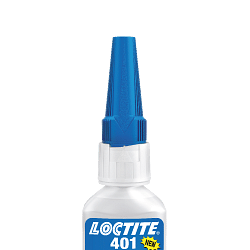 Chemical, adhesives and sealants
Chemical, adhesives and sealants Chemical, adhesives and sealants
Chemical, adhesives and sealants- All products
- Acrylic, cyanoacrylate and epoxy adhesives
- Guns and silicon sealant
- Threadlocker
- Sealants and retainers
- Release agents, lubricants and anti-seize
- Zinc spray and polishes
- Lubrication accessories
- Protections for maintenance
- Industrial Cleansing
- Handwash
- Industrial cloths and rags
- Welding machines
- Electrodes
- Clamps, shields and welding masks
- Antispatter
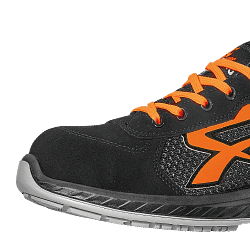 Safety equipment
Safety equipment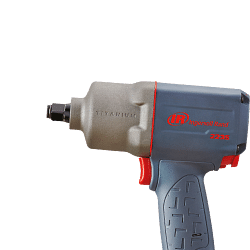 Pneumatics
Pneumatics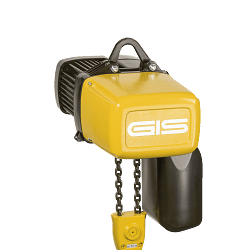 Lifting systems
Lifting systems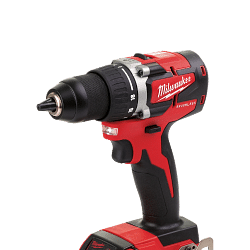 Workshop equipment
Workshop equipment Workshop equipment
Workshop equipment- All products
- Column and bench drills
- Accessories for lathes
- Band saws
- Cut-off machines
- Bench grinders
- Power tools
- Spare parts and accessories for Power Tools
- Saws and hole cutters: wood, metal and plasterboard
- Tapered cutters for sheet metal
- Industrial aspirators
- Fume aspirators
- Bench vices
- Technical lamps
- LED torches
- Industrial cable winders
- Trolley wheels
- Quick clamps
- Threaded inserts
- Control knobs
- Packaging accessories and material
- Belt sanders
- Electric tapping machines
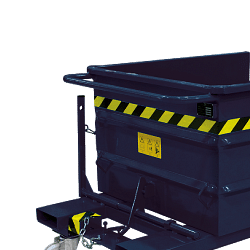 Furnishings and storage
Furnishings and storage Furnishings and storage
Furnishings and storage- All products
- Work benches
- Swivel chairs for office use
- Drawer units for workshops
- Industrial cabinets for warehouses and workshops
- Tool cabinets
- Security cabinets
- Changing room cabinets
- Containers for small metal parts
- Scrap holders
- Workshop trolleys
- Spill pallets for drum storage
- Shelves for warehouses and offices
- Cantilever shelving
- Aluminium ladders
- Modular plinths
- Units and cabinets for waste recycling
 Brand
BrandPromotions
 Bestseller
Bestseller- Catalogues
-
Catalogues
Customer service
How can we help you?
- Faq
- Customer service
02.927371
- Supporting big orders
02.38298620
-
info@linkindustrialtools.it
- Request assistance with form
Or contact us with the chat in the lower right corner
< Chemical, adhesives and sealants
- Home
- Chemical, adhesives and sealants
- Acrylic, cyanoacrylate and epoxy adhesives
Acrylic, cyanoacrylate and epoxy adhesives
Industrial adhesives are a key component in the machine shop sector, offering advanced solutions for component assembly and repair. Among the various types of adhesives, acrylic, cyanoacrylate and epoxy adhesives stand out for their unique properties and specific applications. In this in-depth look, we will explore the characteristics of each type of adhesive, their use in machine shops and the advantages they offer.
Acrylic adhesives: versatility and resistance
Acrylic adhesives are known for their versatility and strength. These adhesives are composed of acrylic polymers that offer excellent adhesion to a wide range of materials, including metals, plastics and glass. Their ability to withstand harsh environmental conditions, such as humidity and temperature variations, makes them ideal for industrial applications.
In machine shops, acrylic adhesives are often used for the assembly of components requiring strong adhesion and long-lasting strength. Their application is quick and easy, thanks to their ability to cure quickly. In addition, acrylic adhesives offer excellent resistance to solvents and chemicals, ensuring long-lasting joints.
Cyanoacrylics: speed and precision
Cyanoacrylics, commonly known as 'super glue', are fast-curing adhesives that offer instant and precise adhesion. These adhesives are particularly popular in machine shops due to their ability to quickly bond different materials such as metals, plastics and rubber.
The fast curing speed of cyanoacrylates makes them ideal for applications requiring little processing time. However, it is important to consider that these adhesives can be sensitive to moisture and high temperatures, which can affect their long-term strength. For this reason, it is essential to carefully assess the operating conditions before choosing a cyanoacrylate adhesive.
Epoxies: strength and durability
Epoxy adhesives are renowned for their strength and durability. These two-component adhesives, composed of a resin and a hardener, offer exceptional adhesion and superior mechanical strength. Their ability to fill spaces and adhere to uneven surfaces makes them particularly useful in machine shops.
Epoxy adhesives are ideal for applications requiring high structural strength, such as bonding metal components or repairing damaged parts. Their resistance to extreme temperatures and chemicals makes them suitable for demanding industrial environments. However, the cure time for epoxies can be longer than for other adhesives, requiring careful planning of the assembly process.
Advantages of industrial adhesives in machine shops
The use of industrial adhesives in machine shops offers several advantages over traditional fastening methods such as screws and bolts. Firstly, adhesives allow stresses to be evenly distributed over the entire contact surface, reducing the risk of stress concentrations that can lead to breakage.
In addition, the use of adhesives eliminates the need to drill or thread components, preserving the structural integrity of the materials. This is particularly advantageous for lightweight or fragile materials that could be damaged by mechanical fastening methods.
Industrial adhesives also offer greater design freedom, allowing invisible joints and reducing the overall weight of structures. This is especially important in sectors such as automotive and aerospace, where weight reduction is crucial to improve energy efficiency.
Frequently asked questions about industrial adhesives
1. What is the main difference between acrylic, cyanoacrylate and epoxy adhesives?
Acrylic adhesives offer versatility and strength, cyanoacrylics are known for their speed and precision, while epoxies provide strength and durability.
2. How do I choose the right adhesive for a specific application?
The choice of adhesive depends on several factors, including the materials to be bonded, environmental conditions and mechanical strength requirements. It is important to carefully evaluate these variables to select the most suitable adhesive.
3. Can industrial adhesives completely replace traditional bonding methods?
In many cases, adhesives can replace traditional fixing methods, offering advantages in terms of stress distribution and design freedom. However, in some applications, it may be necessary to use a combination of adhesives and mechanical fixings to ensure maximum security and reliability.
4. What are the safety considerations when using industrial adhesives?
It is important to follow the manufacturer's instructions and use personal protective equipment, such as gloves and goggles, to avoid direct contact with adhesives. In addition, it is essential to work in a well-ventilated environment to prevent the inhalation of potentially harmful vapours.
5. Are industrial adhesives resistant to chemicals?
Many industrial adhesives, especially epoxies, offer excellent resistance to chemicals. However, it is important to check the product specifications to ensure that the chosen adhesive is suitable for the specific chemical environment in which it will be used.
In conclusion, acrylic, cyanoacrylate and epoxy adhesives represent advanced solutions for machine shops, offering significant advantages in terms of strength, versatility and design freedom. Choosing the right adhesive is crucial to ensuring the quality and durability of joints, contributing to the success of industrial operations.
Read More Read LessAcrylic adhesives: versatility and resistance
Acrylic adhesives are known for their versatility and strength. These adhesives are composed of acrylic polymers that offer excellent adhesion to a wide range of materials, including metals, plastics and glass. Their ability to withstand harsh environmental conditions, such as humidity and temperature variations, makes them ideal for industrial applications.
In machine shops, acrylic adhesives are often used for the assembly of components requiring strong adhesion and long-lasting strength. Their application is quick and easy, thanks to their ability to cure quickly. In addition, acrylic adhesives offer excellent resistance to solvents and chemicals, ensuring long-lasting joints.
Cyanoacrylics: speed and precision
Cyanoacrylics, commonly known as 'super glue', are fast-curing adhesives that offer instant and precise adhesion. These adhesives are particularly popular in machine shops due to their ability to quickly bond different materials such as metals, plastics and rubber.
The fast curing speed of cyanoacrylates makes them ideal for applications requiring little processing time. However, it is important to consider that these adhesives can be sensitive to moisture and high temperatures, which can affect their long-term strength. For this reason, it is essential to carefully assess the operating conditions before choosing a cyanoacrylate adhesive.
Epoxies: strength and durability
Epoxy adhesives are renowned for their strength and durability. These two-component adhesives, composed of a resin and a hardener, offer exceptional adhesion and superior mechanical strength. Their ability to fill spaces and adhere to uneven surfaces makes them particularly useful in machine shops.
Epoxy adhesives are ideal for applications requiring high structural strength, such as bonding metal components or repairing damaged parts. Their resistance to extreme temperatures and chemicals makes them suitable for demanding industrial environments. However, the cure time for epoxies can be longer than for other adhesives, requiring careful planning of the assembly process.
Advantages of industrial adhesives in machine shops
The use of industrial adhesives in machine shops offers several advantages over traditional fastening methods such as screws and bolts. Firstly, adhesives allow stresses to be evenly distributed over the entire contact surface, reducing the risk of stress concentrations that can lead to breakage.
In addition, the use of adhesives eliminates the need to drill or thread components, preserving the structural integrity of the materials. This is particularly advantageous for lightweight or fragile materials that could be damaged by mechanical fastening methods.
Industrial adhesives also offer greater design freedom, allowing invisible joints and reducing the overall weight of structures. This is especially important in sectors such as automotive and aerospace, where weight reduction is crucial to improve energy efficiency.
Frequently asked questions about industrial adhesives
1. What is the main difference between acrylic, cyanoacrylate and epoxy adhesives?
Acrylic adhesives offer versatility and strength, cyanoacrylics are known for their speed and precision, while epoxies provide strength and durability.
2. How do I choose the right adhesive for a specific application?
The choice of adhesive depends on several factors, including the materials to be bonded, environmental conditions and mechanical strength requirements. It is important to carefully evaluate these variables to select the most suitable adhesive.
3. Can industrial adhesives completely replace traditional bonding methods?
In many cases, adhesives can replace traditional fixing methods, offering advantages in terms of stress distribution and design freedom. However, in some applications, it may be necessary to use a combination of adhesives and mechanical fixings to ensure maximum security and reliability.
4. What are the safety considerations when using industrial adhesives?
It is important to follow the manufacturer's instructions and use personal protective equipment, such as gloves and goggles, to avoid direct contact with adhesives. In addition, it is essential to work in a well-ventilated environment to prevent the inhalation of potentially harmful vapours.
5. Are industrial adhesives resistant to chemicals?
Many industrial adhesives, especially epoxies, offer excellent resistance to chemicals. However, it is important to check the product specifications to ensure that the chosen adhesive is suitable for the specific chemical environment in which it will be used.
In conclusion, acrylic, cyanoacrylate and epoxy adhesives represent advanced solutions for machine shops, offering significant advantages in terms of strength, versatility and design freedom. Choosing the right adhesive is crucial to ensuring the quality and durability of joints, contributing to the success of industrial operations.


